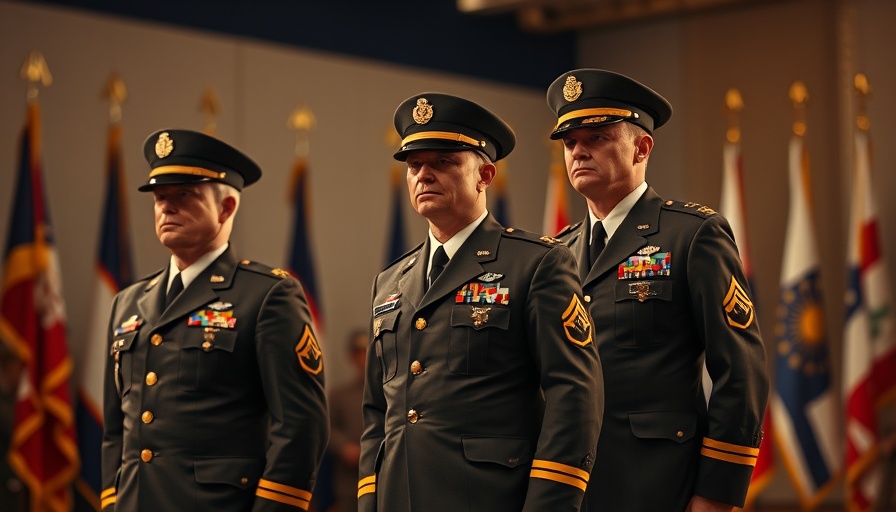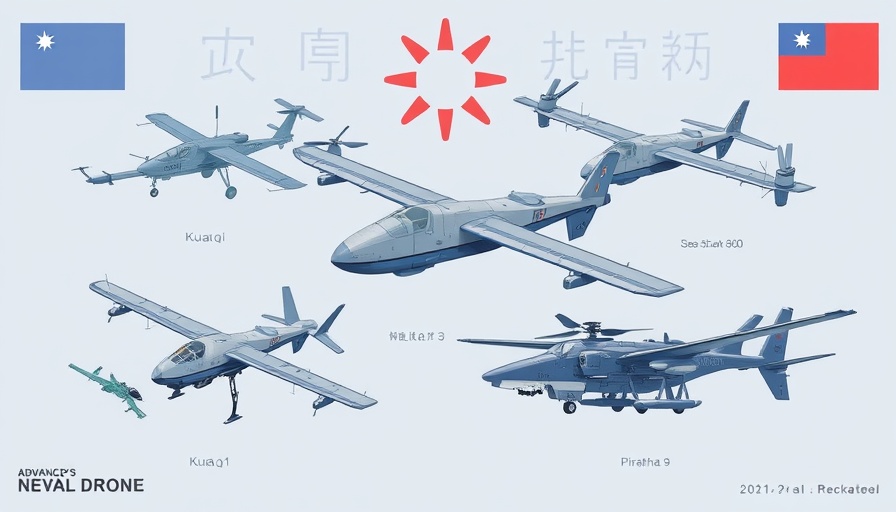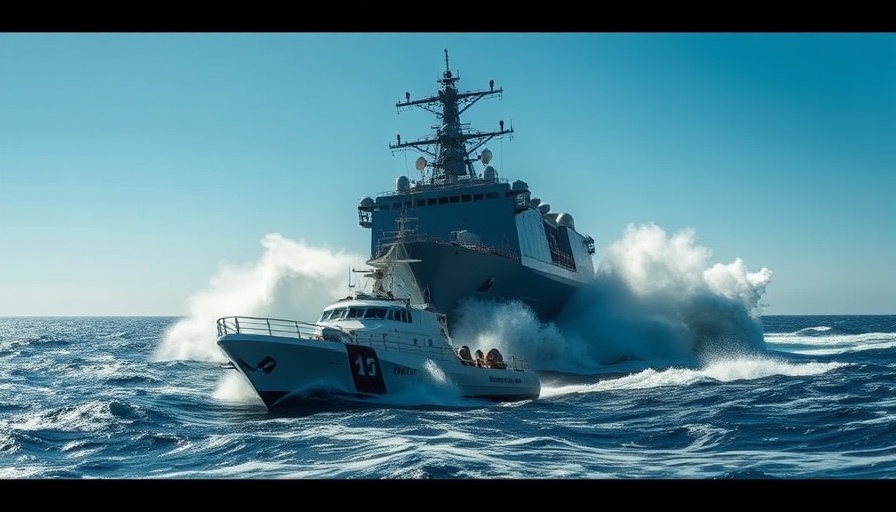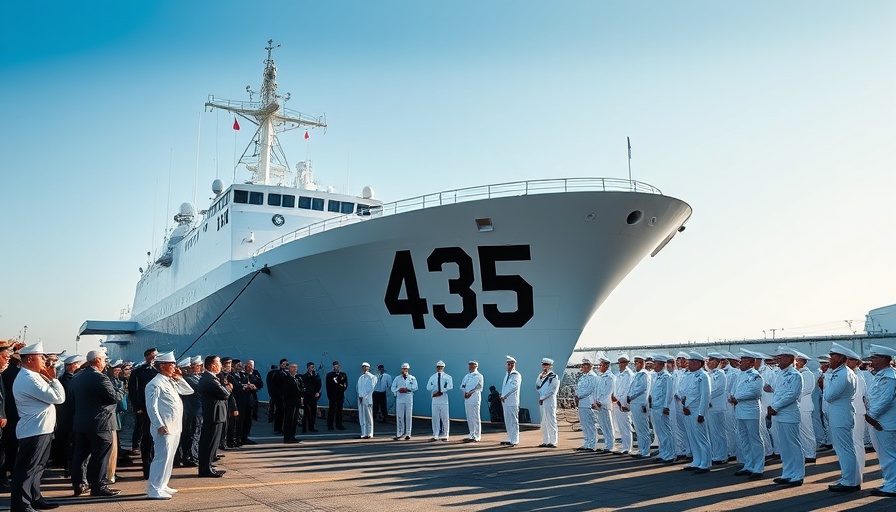
Navy Leadership Transition: Introducing Adm. Brad Cooper
The U.S. Central Command (CENTCOM) has recently transitioned leadership with the appointment of U.S. Navy Adm. Brad Cooper as its new commander. This event, marked on August 8, 2025, at the Tampa Convention Center, signifies a pivotal change for the command, which oversees military operations in a region fraught with challenges. Adm. Cooper steps into his role following the command of Army Gen. Michael Erik Kurilla, who held the position since 2022.
Importance of CENTCOM's Mission
As the new leader of CENTCOM, Adm. Cooper faces the daunting task of managing military missions across 21 countries, including areas of the Middle East known for their volatility. His mandate includes providing stability and security while navigating complex geopolitical tensions, particularly in the wake of the ongoing Israel-Hamas conflict. The escalating violence witnessed in Gaza, with significant loss of life reported, presents urgent challenges for the new commander.
The Context of Leadership Change
This change in leadership is particularly notable as it marks only the second time in history that a Navy admiral has held the top position at CENTCOM. The first, Adm. William Fallon, led the command in 2007. The historical significance of this appointment reflects not only on the Navy's evolving role within joint military operations but also underscores the trust placed in Adm. Cooper's capabilities by former President Donald Trump, who nominated him for this position earlier this year.
Adm. Cooper's Perspectives and Future Directions
In his statement upon accepting command, Adm. Cooper expressed a deep commitment to the military personnel under his leadership, emphasizing support for America's sons and daughters. His approach appears rooted in enhancing regional security while fostering collaboration among allies. This is crucial as the U.S. strives to broker a ceasefire in a context where over 60,000 Gazans have died since the recent conflict began, including a large number of children, provoking global concern.
Comparative Insights: Challenges and Operations
Adm. Kurilla's tenure, characterized by significant military operations such as Operation Rough Rider and Operation Midnight Hammer, set a high bar. Under his leadership, U.S. forces conducted extensive operations against Iranian-backed forces and addressed critical threats posed by ISIL. Adm. Cooper must assess the outcomes of these missions while strategizing for future operations amid changing political dynamics.
The Broader Implications of U.S. Military Strategy
Notably, Cooper’s leadership will also involve engaging with Iran, particularly concerning nuclear negotiations and regional stability. The Biden administration's objectives to curtail Iran's uranium enrichment program are interwoven with the tactical measures taken by CENTCOM, illustrating the interconnectedness of military strategy and diplomatic efforts.
Empowerment Through Leadership: Willingness to Adapt
Both military officers and analysts recognize the importance of agility in leadership during such dynamic times. The success of CENTCOM under Adm. Cooper’s command could redefine U.S. military efforts in the region. History suggests that effective leadership in military operations can substantially affect outcomes—a perspective Cooper will have to carry forward against a backdrop of conflict and negotiation.
Conclusion
As we turn our gaze towards the future of U.S. Central Command under Adm. Brad Cooper, it is clear that leadership is as much about strategy as it is about the adaptability of military forces in a rapidly evolving environment. The effectiveness of his command could hold significant implications not only for U.S. interests but for global stability as well. Observers will be keen to see how Adm. Cooper defines his legacy in an era marked by unprecedented challenges in international relations.
 Add Row
Add Row  Add
Add 




Write A Comment